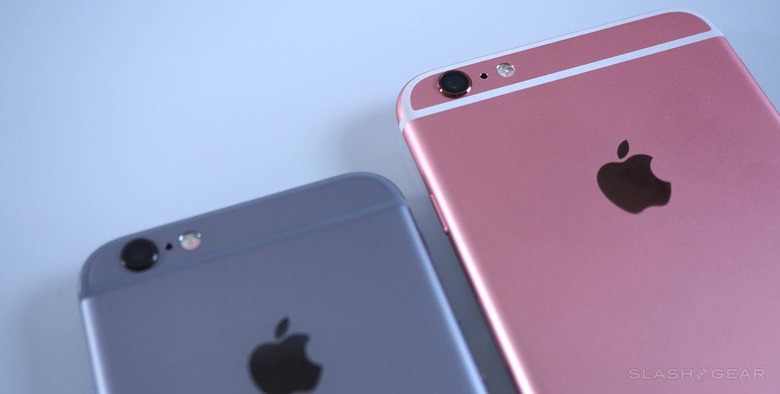New iPhone 6 Throttling Lawsuit Gives Apple Fresh Headaches In Europe
Apple faces a new class-action lawsuit over iPhone throttling, with iPhone 6 and iPhone 6s owners in Europe seeking tens of millions of dollars in damages over how the Cupertino firm dealt with degrading batteries. The tweak, pushed out in iOS 10.2.1 back in 2017, quietly capped the maximum performance of several older iPhone models, after Apple realized that they could otherwise crash if demanding apps were run.
The problem, it turned out, came down to the natural degradation of lithium-ion batteries. Over time, they're unable to hold the same level of charge and thus deliver the same peak voltage: if the iPhone's chipset demanded more power than the older battery could provide, it could crash and reboot.
iOS 10.2.1 fixed that by secretly throttling maximum CPU performance on phones like the iPhone 6, iPhone 6 Plus, iPhone SE, iPhone 6s, and iPhone 6s Plus with older batteries. However Apple then faced accusations that it was intentionally limiting how fast those iPhones could run, in the hope of pushing battery replacements or driving upgrades to newer models.

Class-action suits in the US followed, with Apple paying up to $25 per iPhone in an American settlement – though not admitting any actual wrongdoing. However new cases have been filed in Europe: most recently in Italy, TechCrunch reports, but in Belgium and Spain back in December 2020. A fourth suit is expected to be added to the list, as owners in Portugal lend their voices to the complaints.
The Italian class action lawsuit is a familiar one. According to local consumer protection agency Altroconsumo, Apple is guilty of planned obsolescence in how it handled iOS 10.2.1. As with the US case, it argues that Apple's motivation in making the changes was to seed dissatisfaction with otherwise functional iPhones, and encourage upgrades to newer models.
The lawsuit is seeking 60 million euro ($70m) in compensation, or roughly 60 euro ($70) per iPhone owner enrolled in the case. iPhone 6, iPhone 6s, iPhone 6 Plus, and iPhone 6s Plus owners are invited to participate.
Apple released iOS 11.3 in 2018, with a toggle switch to control what had until then been automatic throttling behavior. Owners could check the current health of their iPhone's battery, and then choose whether to override the CPU control. The company also offered subsidized iPhone battery replacements for those with impacted devices, bringing the price down to $29 from its usual $79.
